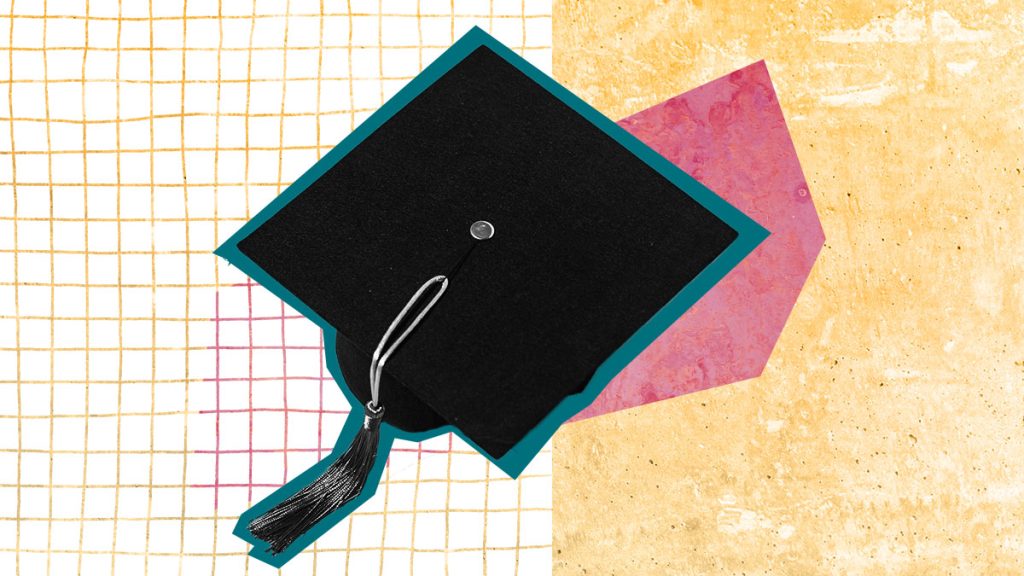A College Degree Isn’t the Same as a Career Plan

When I graduated from college in the early 1990s, I was eager to start my career, but there was just one problem—I had no idea how.
With a degree in hand, a lot of optimism, and zero real-world experience, my first job out of college was at a mall software store, selling floppy disks and CD-ROMs for just above minimum wage. It was not the career launch I had envisioned after years of studying, working through college, and accumulating student debt.
Eventually, I found my way to a fulfilling career, but it took a few wrong turns, some luck, and eventually, going back to school.
Fast forward to today, and the job market has changed significantly. Software isn’t sold in boxes anymore, and malls are becoming rare. However, new graduates still face similar struggles. Research shows that more than 40% of college grads start in jobs that don’t require a degree, and that rocky start can have lasting effects. In fact, workers who begin their careers underemployed often remain stuck in that position. Studies show that 75% of graduates who start out underemployed remain in that situation 10 years later.
This disconnect is felt on the employer side too. A recent survey found that 75% of HR professionals believe colleges aren’t preparing students for the workforce, and more than half of students agree. It’s not a matter of ambition or capability—it’s a gap between what colleges provide and what the job market demands. While colleges equip students with academic knowledge, many graduates leave without the professional skills, networks, and confidence needed to thrive in their careers.
But there’s hope. Research shows that when students receive personalized career guidance, they’re better prepared for the job market. They graduate with stronger skills, clearer goals, and a better understanding of how to navigate their professional journey.
Many colleges already offer career services, but these resources are often underutilized. A recent survey found that nearly a third of students never use their college career center, and less than 30% of those who do receive help with career planning. Fewer still get help with networking or interview preparation.
To address this, some institutions are introducing career coaching programs, offering personalized, ongoing guidance to help students transition from education to employment. These programs start on Day One and provide students with a roadmap to their future careers.
For example, Ivy Tech Community College in Indiana has a career coaching program that helps students create personalized career plans, explore academic pathways, and connect with employers. More than 90% of students who used career coaching at Ivy Tech said it helped them figure out their next career step.
Similarly, Northwestern University’s School of Professional Studies offers a four-month career coaching program tailored for working adults. Since its launch in 2018, around 200 students each year have received customized support in career planning, exploration, and professional development.
Colleges have a responsibility to ensure their graduates are set up for success beyond graduation. A degree without a clear career plan is like a ticket to nowhere—just like my first job at the mall. By offering personalized career coaching, colleges can help students identify their strengths, explore career options, and build professional networks, ultimately guiding them toward meaningful careers. With the right support, graduates can avoid years of trial and error and ensure their degree truly leads to lifelong success.

